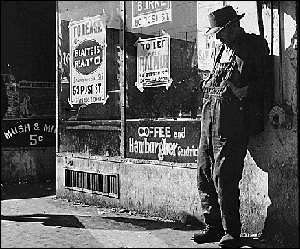 The Forward Prize - the so-called Bardic Booker - has been showering poets with cash since 1991 - and in the process, bringing poetry to much wider public attention. It is often called the UK's "most valuable poetry award" though the prizes are tied in value with the T.S. Eliot prize, awarded January each year.
The Forward Prize - the so-called Bardic Booker - has been showering poets with cash since 1991 - and in the process, bringing poetry to much wider public attention. It is often called the UK's "most valuable poetry award" though the prizes are tied in value with the T.S. Eliot prize, awarded January each year.The 2006 winner of the "Best Collection Award" should have been District And Circle, by Seamus Heaney, a collection as impressive as the earlier books that made him world famous. There had been fuss in the English media over the fact that Seamus Heaney had even been short-listed because he is a Nobel laureate. Sadly, the jury seems to have looked into the whites of the Nobel prize, and blinked.
That is a shame, and casts some doubt on the judging panel, whose reading of poetry must be wider than it is deep, to have decided against what may be UK and/or Irish mainstream poetry's finest collection of the 21st century - and one which deals powerfully with 9/11, terrorism, and also the personal, in ways that prove Heaney's grasp of how tradition, the lyric voice, and craft, ring out like struck anvils, like bells, both homely and beautiful. Instead, the prize went to Robin Robertson, the poetry editor at Cape, for his Swithering.
William Sieghart, founder of the prize 15 years ago, said "Robertson is capable of an unabashed seriousness that is rare in contemporary poetry". The very idea of "seriousness" is suspect.
It is one of those weasel-words that more and more frequently pop up on the backs of books, and in prize citations, but that mean less than nothing. Mr. Robertson uses myth, forms, rhyme and metre, in his work - is, in otherwords, a traditonal British formalist. Nothing wrong with that. But to suggest that such seriousness is rare is simply misguided - and misguiding for the media, who often soak up prize announcement press releases with little or no sense of how to parse the spin from the chaff.
I can name forty British or Irish poets who are equally as serious as Mr. Robertson - indeed, could Mr. Sieghart name one leading mainstream poet published by Faber & Faber (say) who is not serious in just the same way as Roberston? I thought not. It hardly makes critical sense to call Andrew Motion, Lavinia Greenlaw, David Harsent, Nick Laird, Maurice Riordan, Don Paterson - the list goes on - frivolous. They're as serious as it gets, in terms of their commitment to the art and craft of formal verse in the British mainstream tradition.
http://books.guardian.co.uk/forward2006/0,,1819575,00.html
Comments